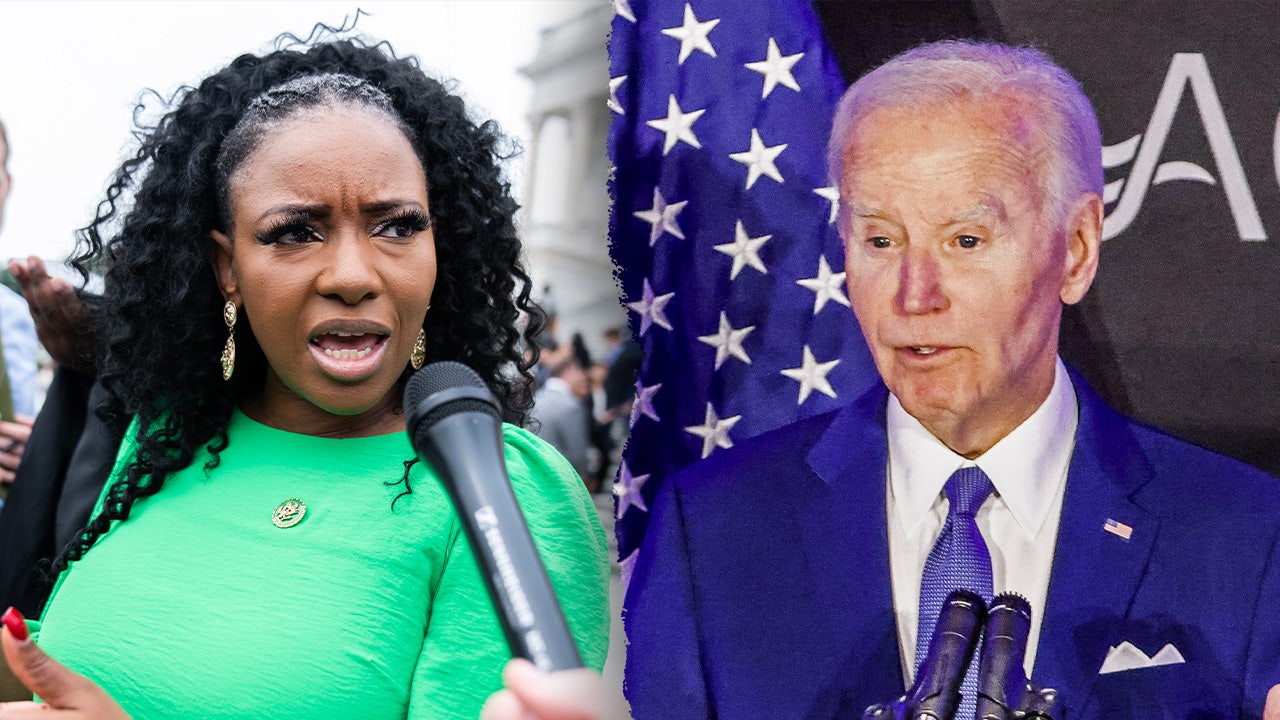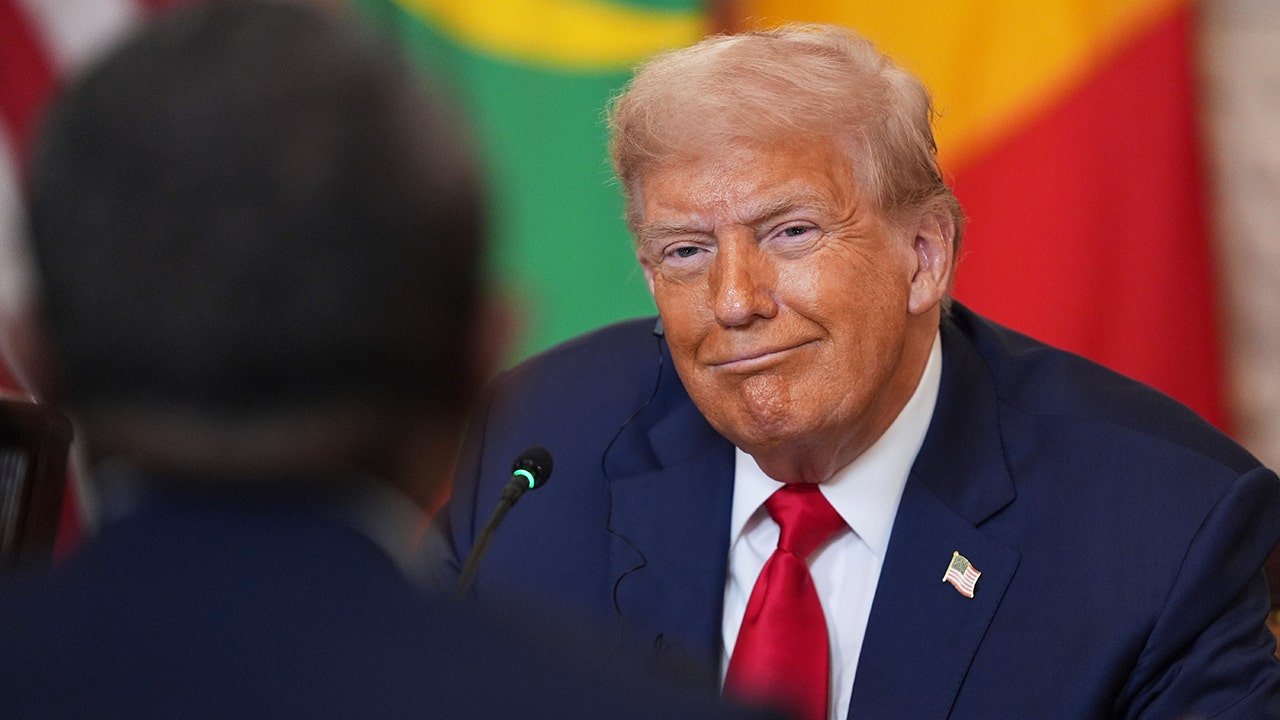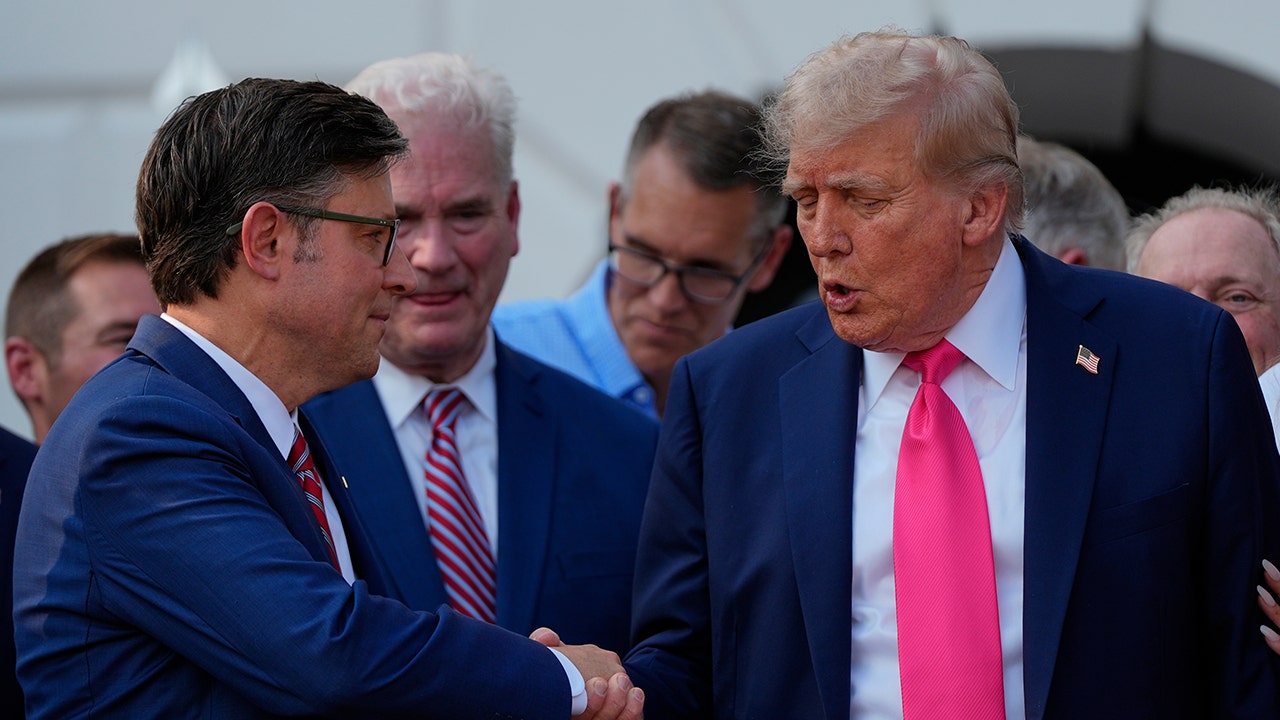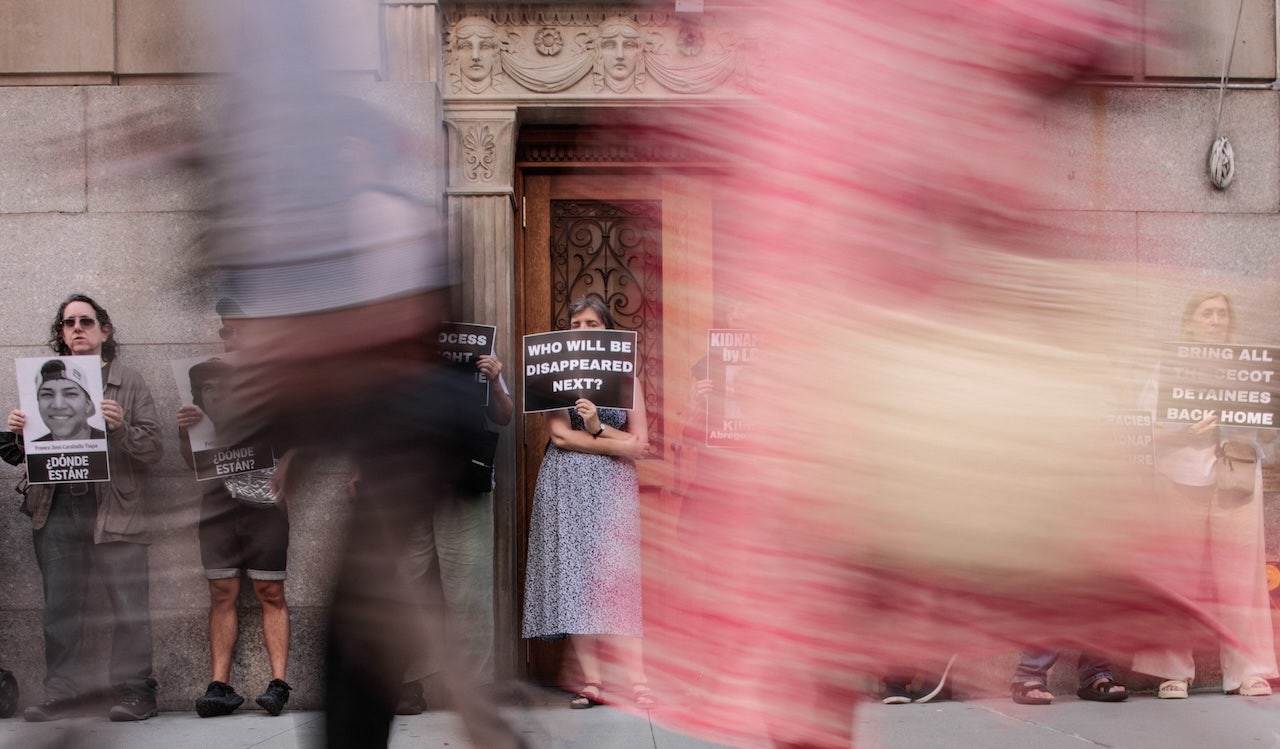Canadians panic over ‘American oppression’ after discovering longstanding Google Maps designation
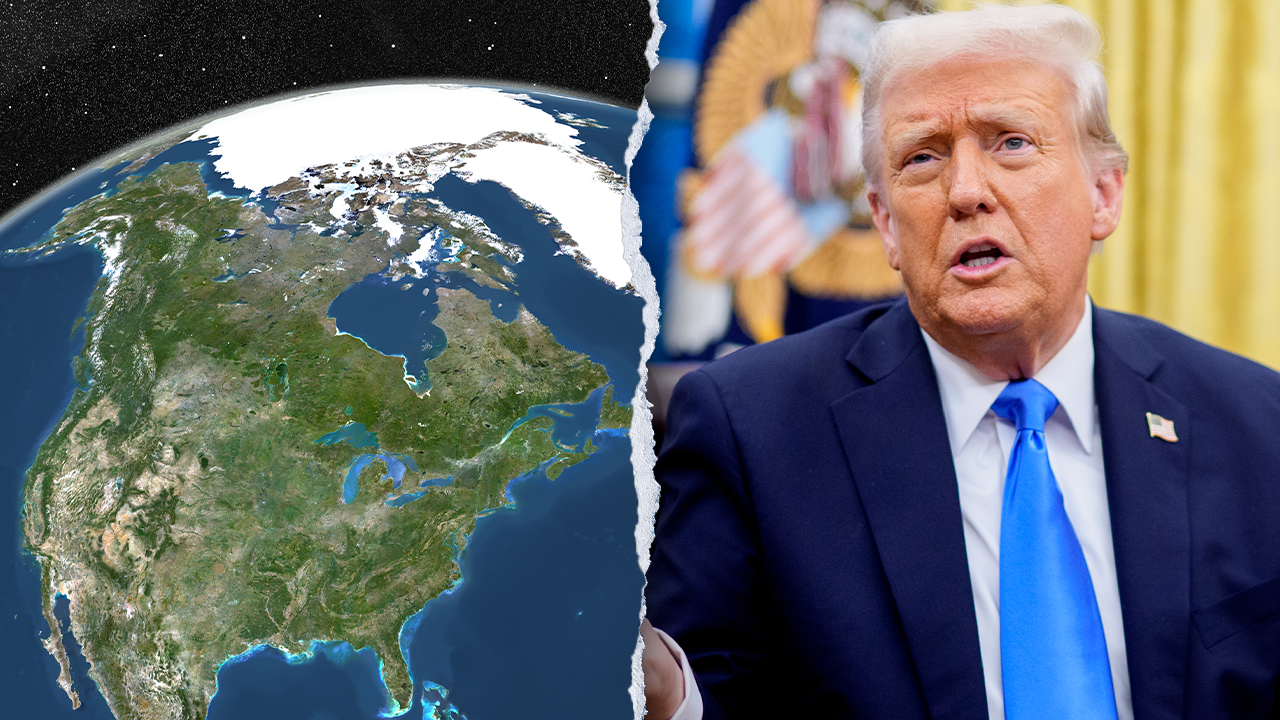
Canadians have been left on edge after discovering that several provincial parks in the country were labeled as “state parks” on Google Maps, sparking concerns about President Donald Trump’s comments suggesting that Canada could become the U.S.’s “51st state.”
A Canadian TikTok user, Samantha Gietema, expressed her shock when she noticed the changes on Google Maps. “I went to go look for myself on Google Maps, and sure enough, a bunch of the provincial parks had been changed to state parks, and when I went to edit to suggest an edit, I had noticed that the provincial park category had been completely removed from Google entirely,” she told Global News.
Canada is divided into 10 provinces, each of which has its own system of provincial parks designated for preservation, tourism, and recreation. Unlike the U.S., Canada does not have a state system. Google clarified that there had been no recent changes to swap provincial park designations to state parks. The confusion arose from the interchangeability of the terms within Google’s system, as both park systems operate similarly.
To address the concerns and avoid further confusion, Google is actively working to update the system to reflect the correct designation of “provincial parks” in Canada. A Google spokesperson reassured that the majority of the parks had maintained their existing labels for several years.
The mislabeling of Canadian parks as “state parks” has stirred anxiety among residents, with some viewing it as an attack on Canadian identity. Rachel Deren, a concerned citizen, expressed her dismay at the situation, emphasizing the importance of preserving Canadian culture and autonomy amidst external pressures.
Reports confirmed that provincial parks in British Columbia and Alberta were among those erroneously labeled as “state parks.” The minister of Environment and Parks in British Columbia, Tamara Davidson, acknowledged the concerns and assured the public that Canada would never become the 51st state of the U.S.
The confusion surrounding the map designations coincides with President Trump’s repeated remarks suggesting that Canada should join the U.S. as its 51st state. Trump argued that the U.S. subsidizes Canada by billions of dollars annually and believes that Canada’s inclusion as a state would be mutually beneficial.
Despite Trump’s assertions, Canadian officials have vehemently denied any intentions of becoming the U.S.’s 51st state. Davidson emphasized Canada’s sovereignty and independence, asserting that the country would remain separate from the U.S.
As Google works to rectify the labeling error and clarify the designation of Canadian parks, the incident serves as a reminder of the importance of preserving national identity and autonomy. Canadians are united in their commitment to safeguarding their heritage and values, reaffirming their distinct place in the global community.

